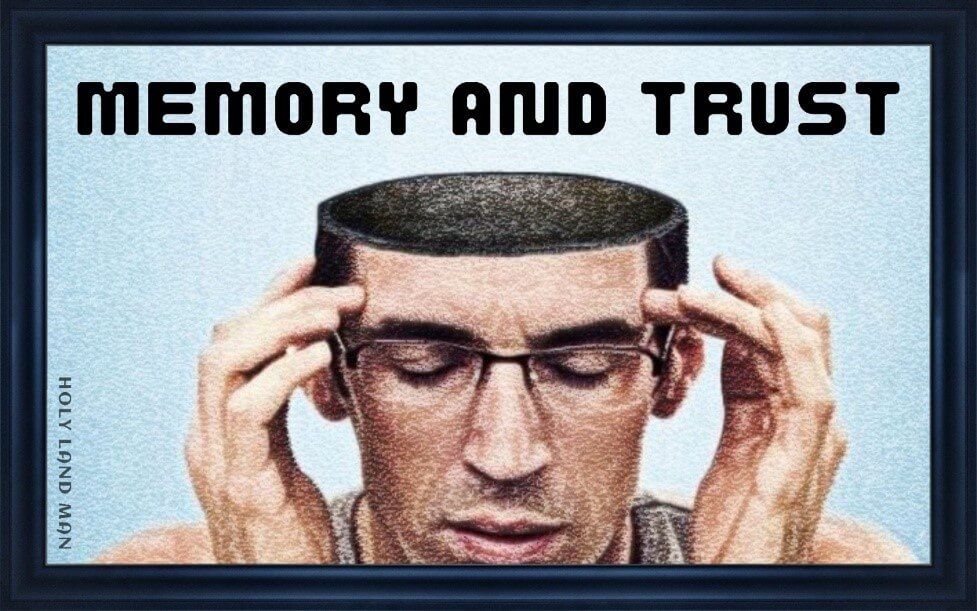Let’s start with a description of the concept of memory. At any given moment we experience directly through the senses only a frozen image of reality. If we conducted an experiment and saw a certain result, then we see the result directly only as long as it is in front of our eyes. One moment after we have stopped looking at it, the information we have obtained goes out of the realm of the senses and moves into the realm of memory.
In this way, the senses give us a memory, which is accumulated data from the past, such as memories from our childhood or from a moment ago. It is no secret that memory is unreliable. Events of the past can be forgotten, presented inaccurately, or distorted. Relinquishing memory as a basic cognitive tool leads to the elimination of any possibility of knowing anything about reality. Without relying on our memories, we will not even know what happened here five minutes ago.
Therefore, the rational approach is not to question any knowledge based on memory, but to give it basic trust. It may be a better idea to try to strengthen that trust by cross-referencing information with other areas, such as using information that is found in other people’s memories, written or photographic documentation, and so on.
However, those other areas can only add to memory, and not be a substitute in its place (since once examined, memories themselves become the property of memory).
In this respect, tradition represents the universal or collective memory in relation to certain events. Throughout the generations, disruptions, exaggerations, and manipulations can occur. Nevertheless, the rational attitude towards it is one of basic trust: to become a trustworthy memory and to consider it an axiomatic presumption until proven otherwise.








